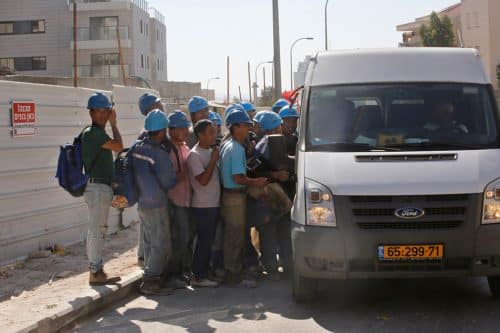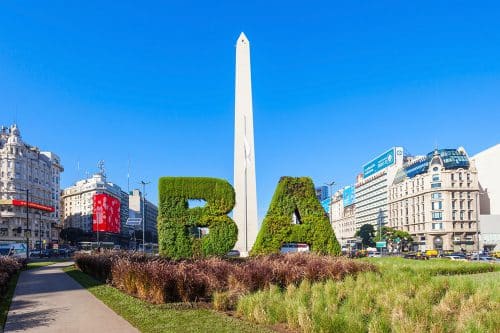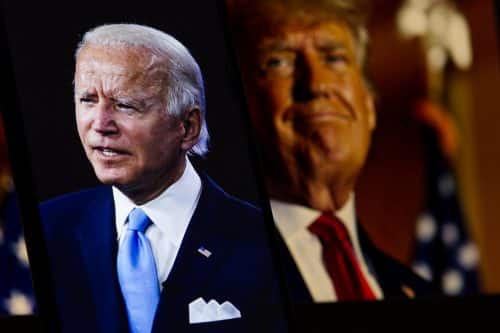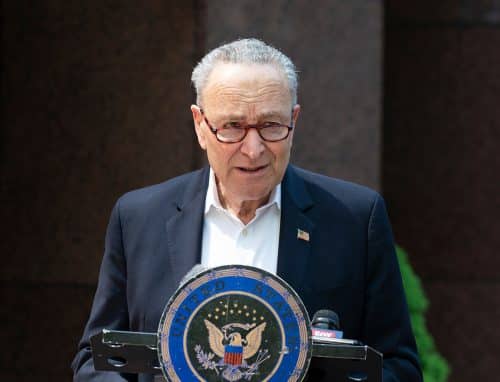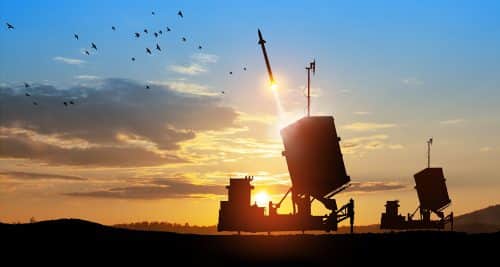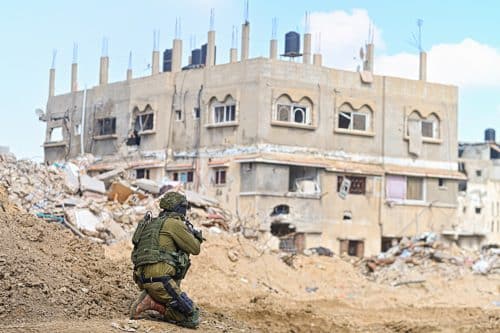A face-to-face interview is difficult to arrange near the end of August, but I. wouldn’t agree to give this interview over the phone or Zoom. In fact, he attached two conditions to his agreement: the interview must be face-to-face, and his name must not be published.
- I. is a member of the IDSF movement (in Hebrew, Habithonistim) who served for almost 30 years in the Mossad. His final Mossad position, as division head, capped a career of engrossing and challenging assignments that touched on neutralizing infrastructures and terror attacks of Islamic terrorist organizations in the international arena, delaying and disrupting the Iranian nuclear weapons project, and continually sabotaging attempts by the Shiite axis to build up its military strength.
“I come from the conservative school,” he told me in advance of the interview, and he proceeded to explain: “Over the last few years, the organization has opened up a little. Suddenly you’re hearing about us in the media, more books are being written about us, and there are more revelations in the media coverage. On the one hand, I understand the need because we’re an integral part of the life around us. On the other hand, I’m still one of those who believe that secrecy is a vital part of the strength of the Mossad. It’s a core component of our ability to deter the country’s enemies and opponents by making them feel vulnerable, penetrable, and uncertain.”
Despite his fondness for secrecy and his appreciation of its power — attitudes that are not promising in an interviewee — this was an especially intriguing interview. I. spoke about Iran, its nuclear buildup and its influence on Israel’s vicinity, and then elaborated on the phenomenon of noncompliance among senior reservists and how, in his opinion, it brings harm worldwide to the reputation of Israel and of the Jewish people.
The Iranian threat, the American hammer, and the Israeli nail
For many years “the Iranian problem” has occupied a central place in the international arena, from agreements and international coalitions, through economic sanctions, and on to the Iranian threats positioned at our own border and discussed by the Israeli media. Although the issue always seems to persist in the background, and although senior political figures will warn from time to time that Iran is closer than ever to manufacturing a nuclear bomb, the general feeling in the meantime is that the threat is not materializing and that the 1500-kilometer distance between Tehran and Jerusalem affords Israel calm. Our first question to I. was whether the calm is illusory.
Is the Iranian threat really so near and palpable?
“It has certainly come nearer, and it is palpable, but to understand the situation better, I’ll use a different example that we’re all familiar with: travel advisories for Israelis who take trips abroad. When the Mossad receives a warning of an anticipated threat to Israelis in Sinai, for example, we see to it that a travel advisory is published. In practice, some people will choose to travel to Sinai anyway and some will cancel their trips and stay in Israel. When nothing happens and everyone comes home safe, those who did make the trip say ‘Look, nothing happened’ and those who stayed home say ‘We should have gone.’ But what’s less obvious, both to those who made the trip and those who didn’t, is that we don’t only issue the warning but also keep operating around the clock, secretly and with determination, against the attacks or terrorists that the warning was concerned with in the first place.”
And what’s the parallel with Iran?
“Year after year it’s reported that Iran is one or two years away from manufacturing a nuclear bomb. How could that be? The answer is simple: When they say once more that the Iranian threat has come near us, when they warn once more that Iran is the same short distance away from manufacturing a bomb — that’s because we’re making sure that the distance doesn’t shrink. Just like the example of the Sinai travel advisory: besides warning and cautioning against the nuclear threat, we take action to maintain Iran’s distance from bombmaking, year after year in ways that change, that cover a range, and that can be strange. When I say ‘we,’ I mean the Mossad, of course, as a leading player, besides all the Israeli security services as significant partners; but I also mean other participants in the international network that operate together with us, with the USA foremost among them. The USA has played a decisive role in the war against Iran ever since the days when it fought in the streets of Iraq.”
Did you say Iraq?
“Right. In 2003, two years after the terror attack that brought down the World Trade Center in New York, the US President at the time, George W. Bush, decided to enter Iraq in full force. Not many people know this, but Iran was very close to manufacturing an operational nuclear bomb at that very time. Later, when we’d captured the Iranian nuclear archive, we found that it supported and reinforced that information. To a great extent, if the Americans hadn’t come to Iraq and the Iranians had continued their armaments project, it’s quite reasonable to suppose they would have reached complete nuclear capability — a capability they don’t have today.”
Still, what does US activity in Iraq have to do with Iran’s nuclear capability?
“Consider this: The Iranians see the US army, the strongest in the world, come from the other side of the globe to their neighbor country and go all in. The Americans use everything they have, within a few weeks Saddam Hussein’s statue is pulled down in the middle of Baghdad, and a little later they catch up with Saddam himself and subdue him. The Iranians shook with fear.”
Why?
“That ferocious neighbor of theirs, the worst nightmare of the Iranian government and citizens, had been considered invincible. Seeing it overthrown so quickly, the regime of the Ayatollahs was terrified. Suddenly the Iranians understood that they’d better be very careful, and as a precaution, they put a stop, by themselves, to their secret, unmonitored work on a nuclear weapon.”
Okay, but that was 20 years ago. What’s stopping Iran today?
“Since then, there’s been a long, varied campaign to delay the program, both by closely targeted attacks on the capabilities themselves and by confronting the regime with pressure that deters it from deciding to break through to what’s called ‘military enrichment’ or ‘high enrichment’ — that is, enriching uranium to 90% — let alone deciding to develop a nuclear weapons system.”
And how, in practice, is that done?
“The farther Iran advances in technology, and in amassing knowledge and practical experience in uranium enrichment, the less effectively its capabilities can be undermined and the more important political, economic, and military deterrence become. In parallel, the closer Iran approaches its goal technologically, the more importance lies with the diplomatic campaign led by the USA together with the countries of the West and Israel.”
So the USA is the most significant player in halting the Iranian juggernaut.
“Definitely. Every administration in Washington has applied pressure on the Iranians and has repeatedly emphasized its complete, sincere commitment to denying a military nuclear capability to Iran. I’ve always been one of the big believers in that American commitment, and certainly in America’s ability to fulfill it, and today I still hold to that belief. As one administration replaces another in Washington, the difference, as I see it, isn’t in the overall objective of preventing the military nuclearization of Iran but in how the administration chooses to accomplish that, in the adaptation of its diplomatic approach, and in the kind of action that goes along with it.”
What’s an example of the difference?
“The Bush administration applied military pressure against Iran, even if not directly. Obama applied a combination of diplomatic and economic pressure. And Trump, by what he was and what he did, combined economic pressure with the pressures of uncertainty and deterrence. Like everyone, the Iranians considered him unpredictable. Let’s put it this way: If Trump had won a second term, the Iranians apparently would have climbed down to their bunkers.”
And does the current administration in Washington fit the pattern?
“Yes. Today too, the US administration is applying pressure to the Iranians and it is continuing to voice its commitment to denying the nuclear weapon to Iran. But on a broader scale, it’s more important that we take to heart a further strategic issue: The Middle East is no longer so interesting to the USA, and therefore the Americans’ motivation to behave more energetically against Iran is also at a different level — lower and less adventurous.”
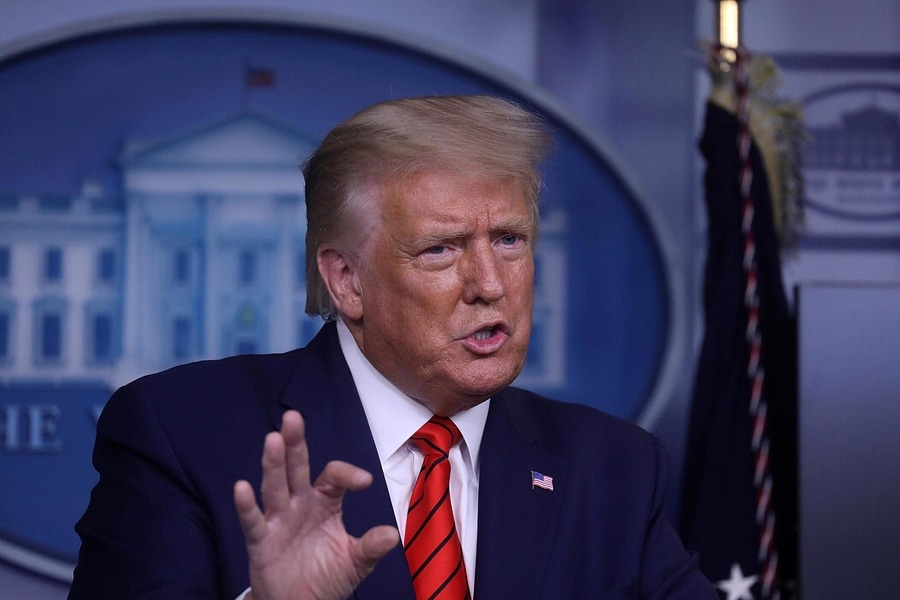
Why are the Americans less interested in the Middle East?
“You have to understand that what brought the Americans to the Middle East was global terrorism, and more precisely the Salafist Sunni terrorism of Al Qaeda and ISIS. It hit them where it hurts — on their own turf, with the attack of September 11 that destroyed the World Trade Center. At the same time, they were showing interest in the Middle East for economic reasons, with an emphasis on the energy market. But that has all changed: their homeland security is less threatened by terrorism, and the USA has found independent energy alternatives that depend less on the oil wells and natural gas deposits of the Middle East. Washington has changed its national priorities, and its attention and resources are directed at the Pacific area and at the conflict of the great powers — the struggle against China for economic and technological hegemony. Israel can benefit from the change in priorities by maneuvering wisely amid the conflict between the great powers while clearly loyal to the American side. But yes, we should be very worried about the decline of interest in the Middle East.”
And why exactly should we worry?
“Over recent decades, Israel’s strength has drawn greatly from its alliance with the USA and from the special relationship between the countries. As a result, Israel has also had the opportunity to work in coordination with the American ‘locomotive’ at the operational level and to position nails beneath the American hammer. More than once, the American hammer has pounded targets that Israeli intelligence has pointed out; and it has operated according to an Israeli logic of operations, from the targets for antiterrorist activity to the targets for financial blockage as part of the sanctions regime. The USA comes to the table with the strength of a superpower and we come with precise, concrete intelligence. Both for strategic reasons and for tactical operational needs, it is clearly in Israel’s interest to keep the USA in the region. My opinion, for what it’s worth, is that China’s growing involvement in our region will accelerate the return of the USA to the Middle East. It’s important to Israel and it’s important to many other countries in the region.”
Judea and Samaria as potential arena for Iran’s confrontation with Israel
Today the word “Iran” appears to carry with it a large variety of entities and collectives that extend far beyond the country itself. They range from forces inside the Islamic Republic itself through militias in Syria, Iraq, and Lebanon, and on to the territories of the Palestinian Authority in the Judea and Samaria area and Gaza Strip. We asked I. whether it’s possible to assign clear boundaries to the Iranian threat.
What is “Iran,” actually?
“First of all, a little history: Since the Iranian revolution of 1979, the regime of the Ayatollahs in Iran has succeeded — in a notably, admirably systematic and persistent way — in establishing a Shiite hegemony throughout the Middle East. It’s necessary to understand the Shiite mentality a bit: The Shiites always feel their status is one of inferiority. They live with a constant sense of needing to defend themselves and be prepared for the worst. It’s ingrained in their traditions and in the story of the Shiite community’s founding.”
When we think of the Shiite axis, “inferiority” isn’t a word that springs to mind.
“Out of the Shiites’ sense of inferior status, their strength evolved. The Iranians, through the Quds Force of the Revolutionary Guard Corps, penetrated to every concentration of Shiites in their vicinity. They gave the Shiites a sense of pride and belonging, an economic standing, and — most importantly — military preeminence in their vicinity. Those factors have been translated, over the years, into political power as well, and even into a change in the demographic balance between the Shiites and the other people of the region’s countries.”
What do the Shiites need to defend against?
“At the basis of their rationale, the Iranians are arming and funding Shiites around the Middle East in order to give those Shiites a defensive capability against Sunni forces and in order to spread Iranian Shiism and the Iranian revolution’s ideas in general. Over the years, those militias have evolved from ethnic defensive forces to significant local and regional power players in terms of numbers and quality, providing assurance and entrenching Iran’s influence in the countries where they reside. In practice, they gradually become an obedient extension of Iran, working to achieve Iranian interests. It’s happened in Iraq, Yemen, Syria, and most obviously in Lebanon.”
In Lebanon, you mean Hezbollah?
“Right. For the Iranians, Hezbollah occupies a special place. It’s a force that Iran has a unique investment in, and as a result, Hezbollah isn’t just another terrorist organization or armed militia; Hezbollah has the character of a state, with an army, and it wields great influence over the economy, society, and politics of Lebanon. Iran helps Hezbollah because of its principle of aid to ‘suffering Shiites,’ but — of course — you can’t ignore Hezbollah’s special importance to Iran as a contiguous neighbor of the State of Israel.”
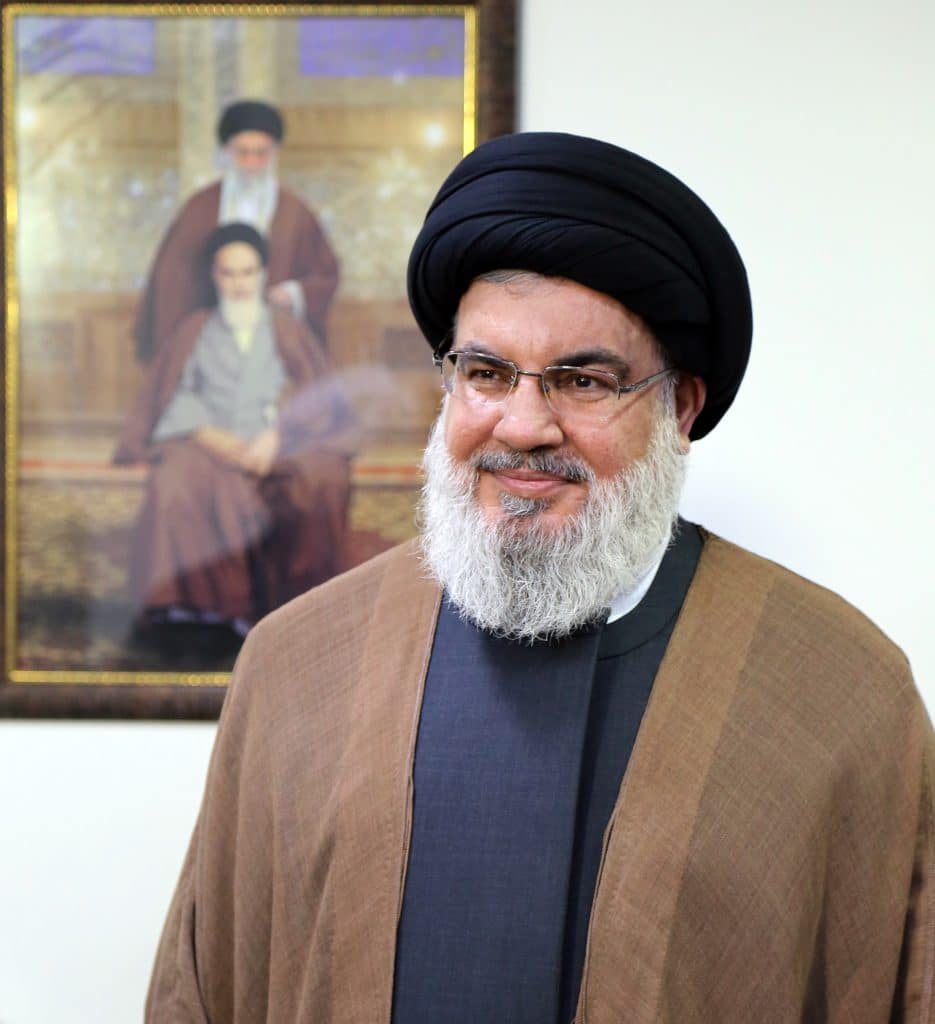
But Hezbollah’s threat to Israel wasn’t always considered linked to Iran. That association belongs to recent years.
“Since Hezbollah was founded, it has posed a major threat to Israel —inside Lebanon until the year 2000, and afterward at the Lebanese border and out in the arena of worldwide terrorism. Over the years, the threat of terror attacks abroad has greatly subsided, both because the Mossad has led successful activity against the organization’s infrastructures and operational abilities and because Hezbollah is less motivated to operate in the international arena. Along the border, too, there’s been a clear decline in the kind of attempts at fatal attacks that we saw in the past, mostly because of the balance of deterrence between Israel and Hezbollah. Where the change is less encouraging is in Iranian–Israeli relations.”
What happened?
“Not long ago, we ranked low on the list of Iran’s enemies — after the USA, Saudi Arabia, and ISIS. But now we’ve become Tehran’s enemy number one. That being so, all the power centers that Iran has deployed in the region — in Yemen, Iraq, Syria, and of course Lebanon — escalate their direct threat to Israel accordingly. Granted, each of those proxies has its own ‘prior commitments’ and local constraints, but it isn’t unthinkable that Iran may someday coordinate a joint operation of all those forces against Israel, on several fronts, certainly if Iran is attacked or feels challenged to the point where its stability suffers. Iran now regards Israel as its primary nemesis.”
Are we really the primary nemesis of Iran?
“Look at it from the Iranian regime’s standpoint. They’ve succeeded in stabilizing the region. Iran’s internal conditions are more or less quiet, it has Saudi Arabia on a short leash, the USA has left the region, even the Shiite–Sunni tension is in balance — and here comes the State of Israel pestering and offending Iran. Building regional coalitions that could, in Iran’s view, upset the balance of power to its disadvantage. That’s how Israel reaches the top of Iran’s enemy list, with implications for all the Iranian proxies surrounding Israel — and inside it.”
Inside Israel? Do you mean in the Judea and Samaria area?
“Yes. Iran’s reason for involvement specifically in the Judea and Samaria area has to do with a number of factors: the Palestinian Authority is weakening, the Palestinians of Judea and Samaria are in ferment, and neither Hezbollah nor Hamas is interested in waging war in or from their own territories because of the weighty implications for Lebanon and the Gaza Strip respectively. Thus the interests of all those parties converge on the transformation of the Judea and Samaria area into the central arena for anti-Israeli activity and Iran finds it fertile ground for mounting terrorist operations and firming up its operative ties with the Palestinians — not only in Judea and Samaria but in the Gaza Strip and even in Israel proper — so as, in their view, to undermine Israel’s security and possibly even its stability.”
So what’s to be done?
“There are lots of ways that Israel can and should take action. Besides the covert operations that take place far from here and through secret channels, we need to continue on the course that began with the signing of the Abraham Accords. The State of Israel needs to add to its series of peace agreements in the Middle East. That’s the winning card. I once had a clever commander who called it ‘killing them with honey,’ and I’d add to that if I may — ‘with wasps’ honey.’ ”
Meaning what?
“The more agreements and regional coalitions Israel can manage to conclude with the Arab and Muslim world, the better for our strategic position and our ability to overcome the Iranian threat by relying not only on ourselves, not only on military force, and not only on protection from a great power. And this point isn’t even about the security advantages of those agreements but only about the economic, civil, social, and environmental aspects, which can lower the flames throughout the region and maybe even move the center of gravity away from wars and religious radicalization and over to regional development and improving the quality of life and the personal and national security in our region.”
Warplanes over the Knesset, and the magic that mustn’t be damaged
A topic that had gone unmentioned in our discussion with I. — surprisingly, considering its centrality on the public agenda — was the refusal of reservists to volunteer, against the background of the proposed judicial reforms. After all, that refusal was crossing civil and political divides and sparking publicly discussed concern over the IDF’s readiness.
As a security figure, how do you see the wave of refusals to volunteer?
“Never mind how I see it. Ask my daughter, who’s serving as a combat soldier now. She sees generals and other senior officers — our role models as we grew up, all of us reading books by them and about them — step up one day to call for a halt to volunteering. What is she supposed to think? There’s a lot being said about the political and security implications of what they’ve done, but no one is talking about the long-term educational effects and that’s where the real danger lies.”
Still, though, the political and security implications are there.
“I believe that when generals set out to change the decisions of the elected leaders, it’s as if they brought their tanks to the gates of the Knesset and circled warplanes overhead. True, that’s not how it was literally done, but that’s how I see it and it upsets me. They’ve done more to undermine a pillar of democracy than any pitiful legislative proposal of reform has done.”
But most of them acknowledge that in a pinch, they will report for duty.
“Even if they do report for duty, the damage has already been done because the enemy’s trigger finger will be itchier with Israel’s deterrence eroded. Even if the pilots would show up at the hangars in a pinch — and I’m sure they’d show up with their eyes blazing — that’s no help against the approach of the next war. On the day that, heaven forbid, we pay our respects to the fallen, their political stances will have no importance whether they waved flags on Kaplan Street or wore prayer shawls in the land of Benjamin.”
What would your expectations be from those senior officers?
“I expect a lot of personal resilience, patriotic responsibility, tolerance, and patience from those who, like me, are party to a contract of trustworthiness and good faith with the State of Israel. It’s a contract that’s inviolable — whether in active service, in retirement, or in reserve duty. We’re parties to that contract with the society of Israel and the people of Israel, and the government of Israel too — whatever its political identity and its likeness may be. I’ll add that I absolutely reject the disproportionate comparisons to evil regimes, which I’d rather not name. That’s by no means our situation. We’re protected by a morality that’s higher than any legislation.”
In conclusion… Do the Israeli security services deserve their halo?
“Look, I have a lot of professional colleagues in various Western and Arab countries who will confirm what I’m about to say. I say categorically: The world sees a certain magic and a certain halo accompanying us, and we’ve earned them honestly. People around the world, experts in security and military science and intelligence work, know about Israel’s operations and its security services, and study them. People remember and admire Operation Moked from 1967, and the Entebbe operation, and the bombing of the reactors in Iraq and Syria. Jaws dropped at the sight of the shelves of material swiped from the Iranian nuclear archive. And above all, the whole world is well aware that if any Jew is in trouble anywhere on the planet, the State of Israel will come to the rescue no matter how difficult the challenge or how high the cost. That’s our strength — the Jewish–Israeli fist that no one else has, a fist of unique courage and innovativeness. It’s creative and bold, it’s unpredictable and unhesitant. Not only Nasrallah and the Iranian regime are watching that fist. So is the entire world, both friends and foes. We simply must not damage that magic, and we must not extinguish it.”
